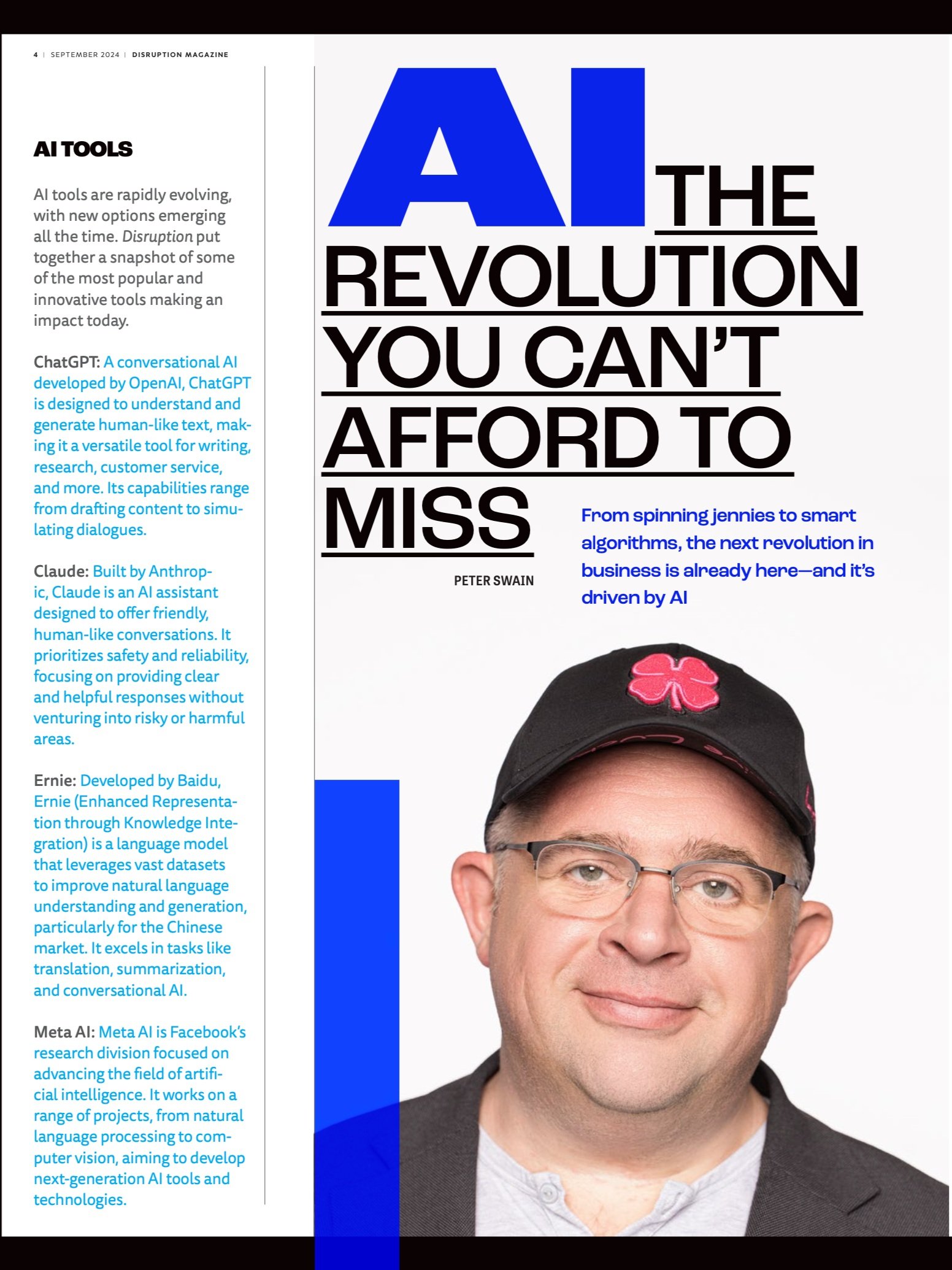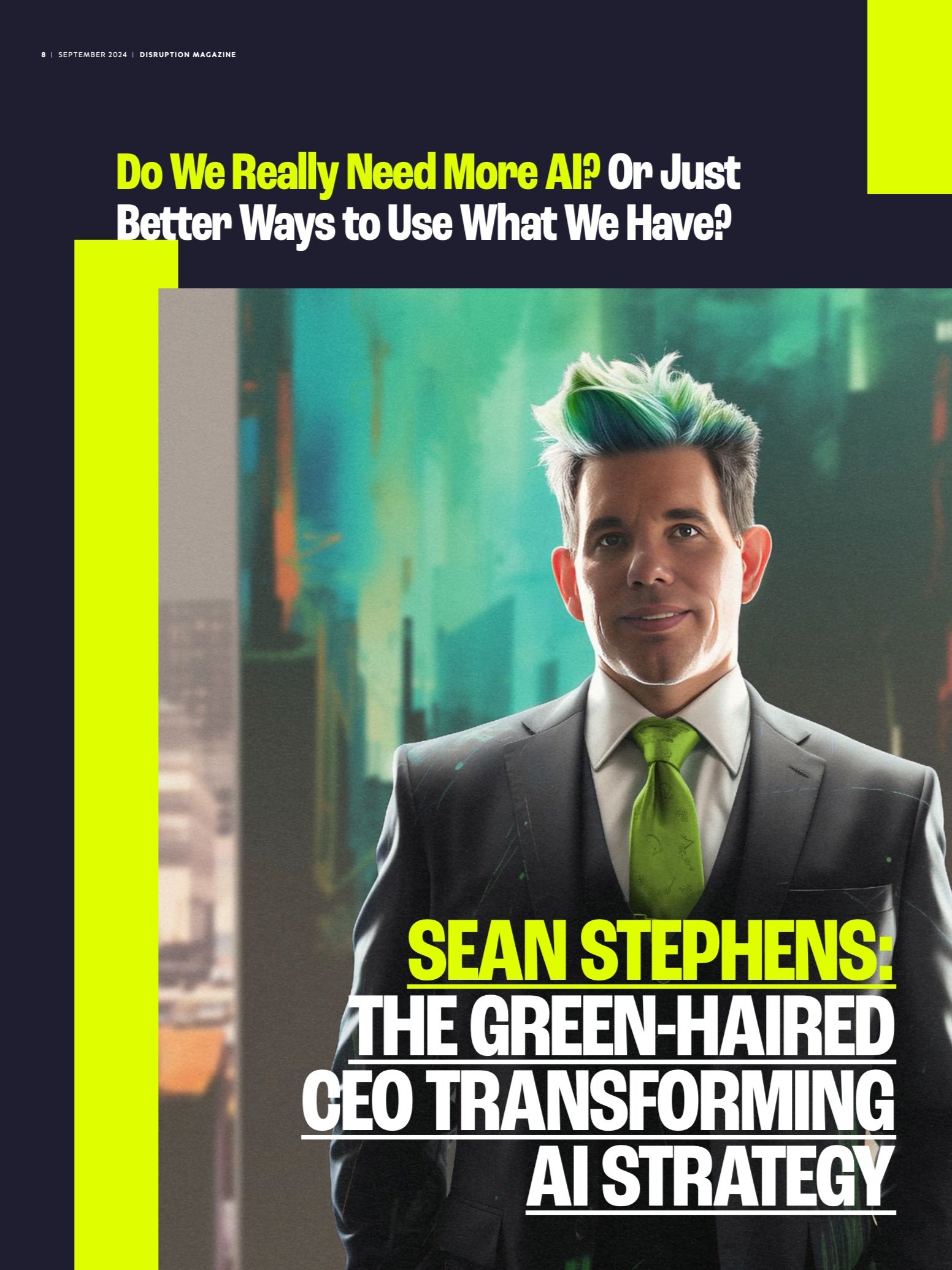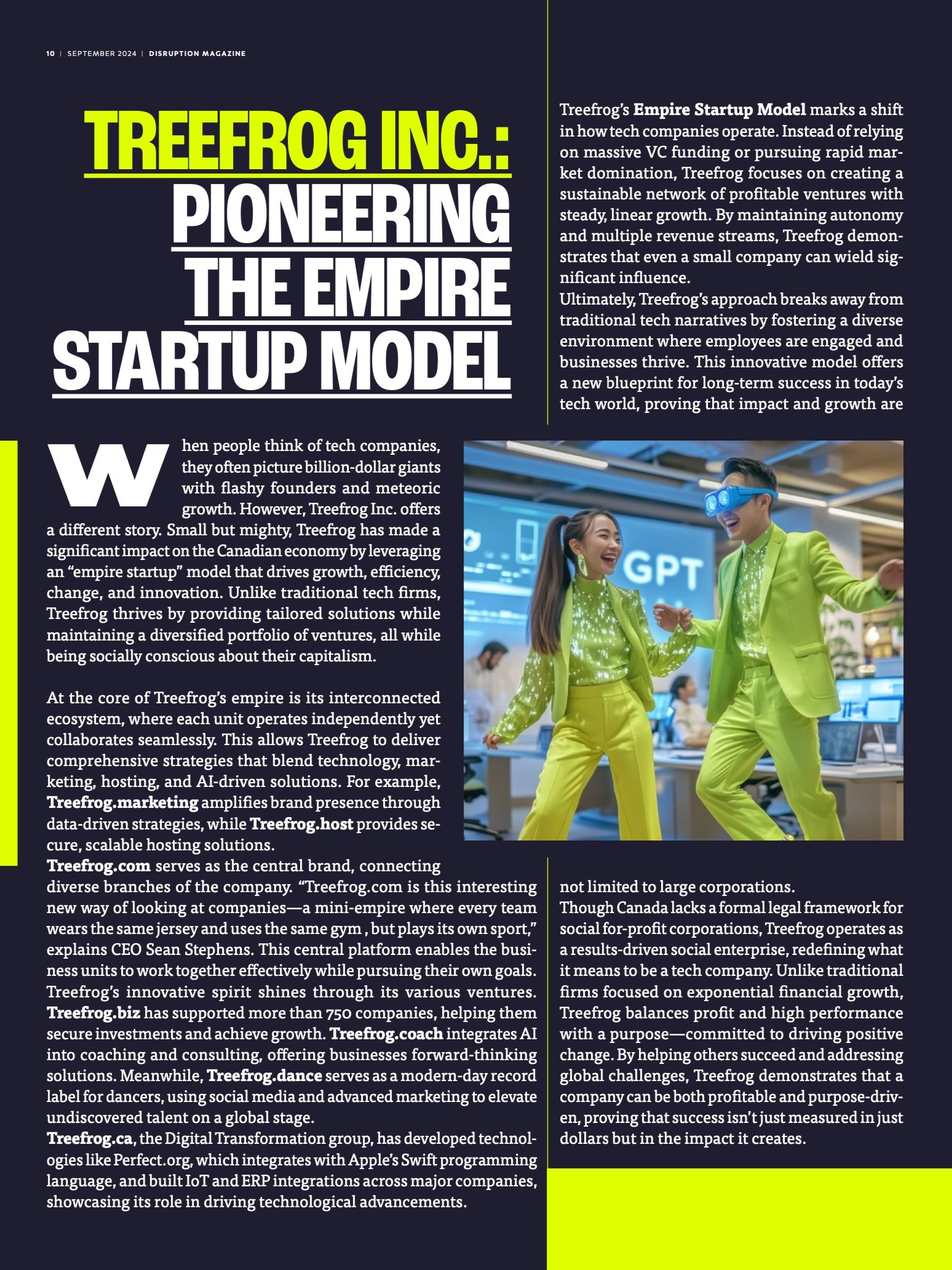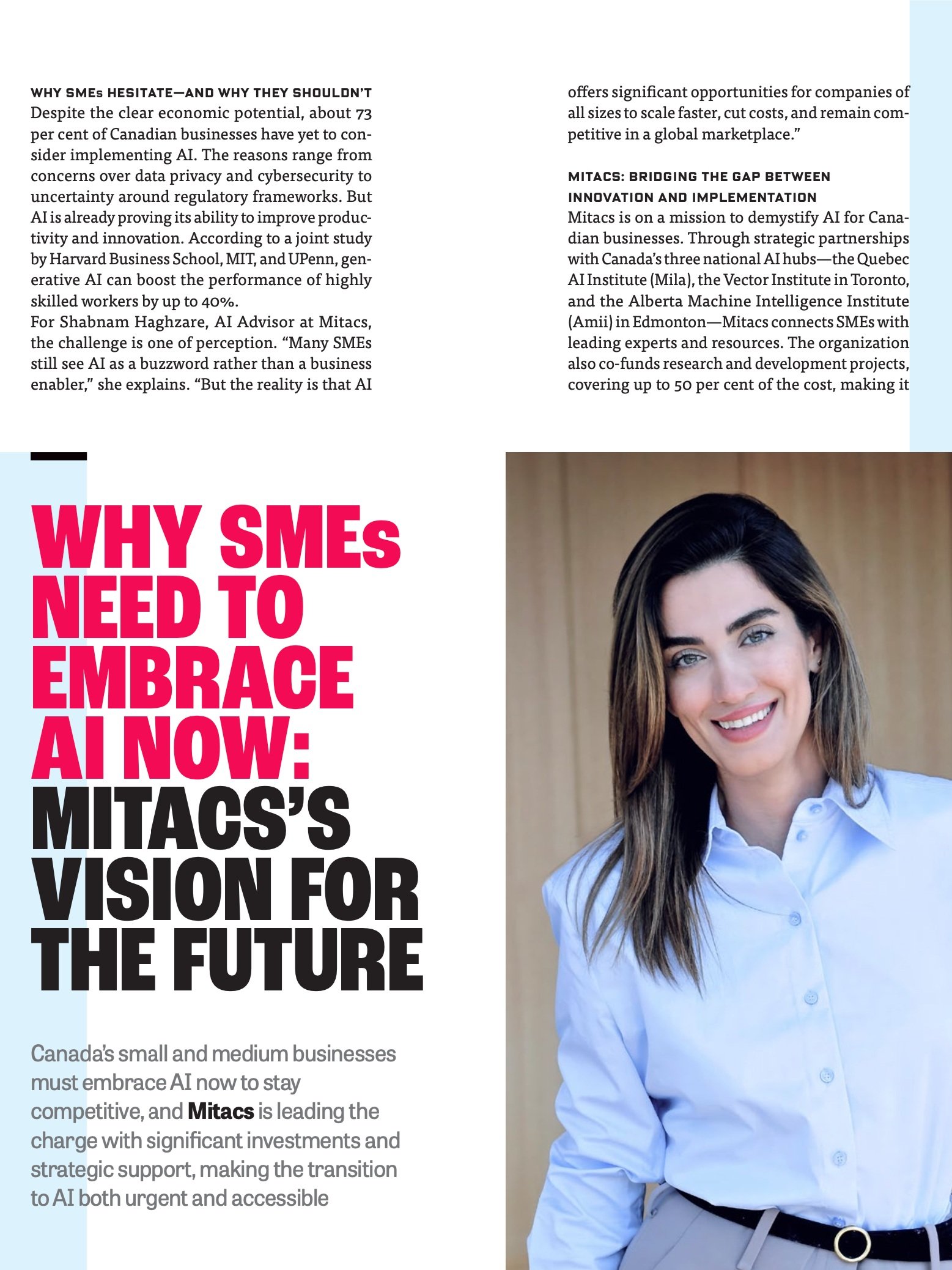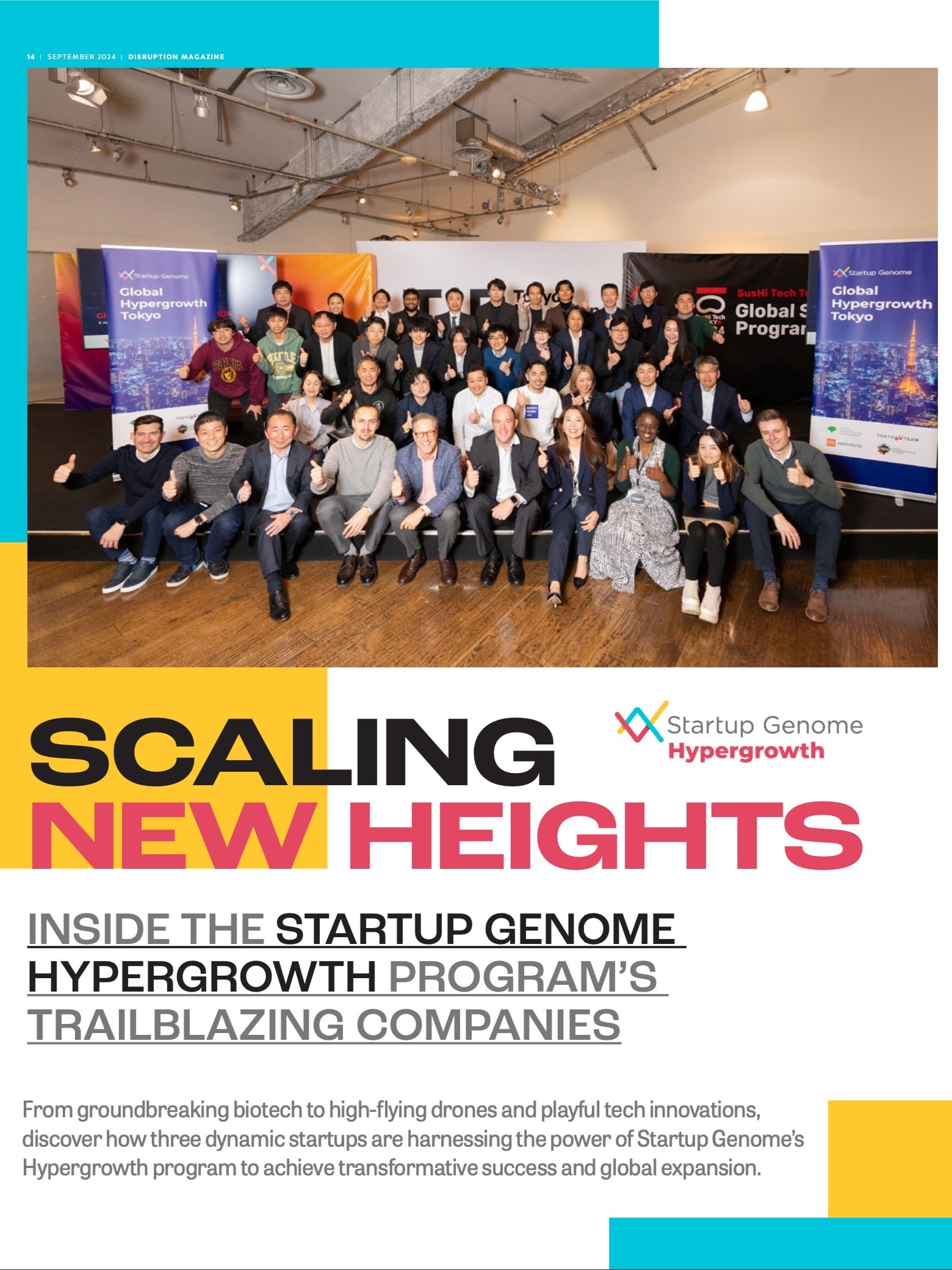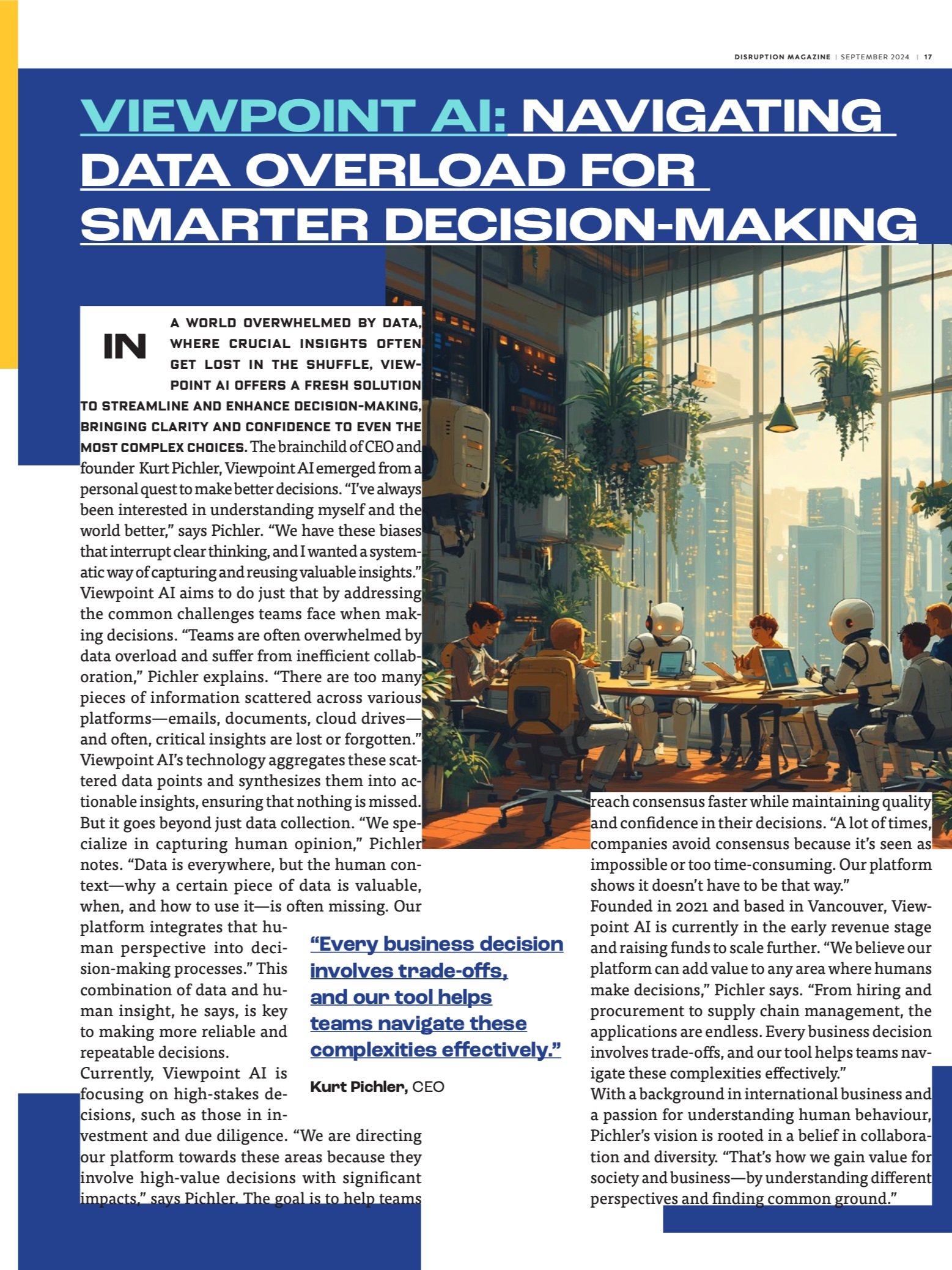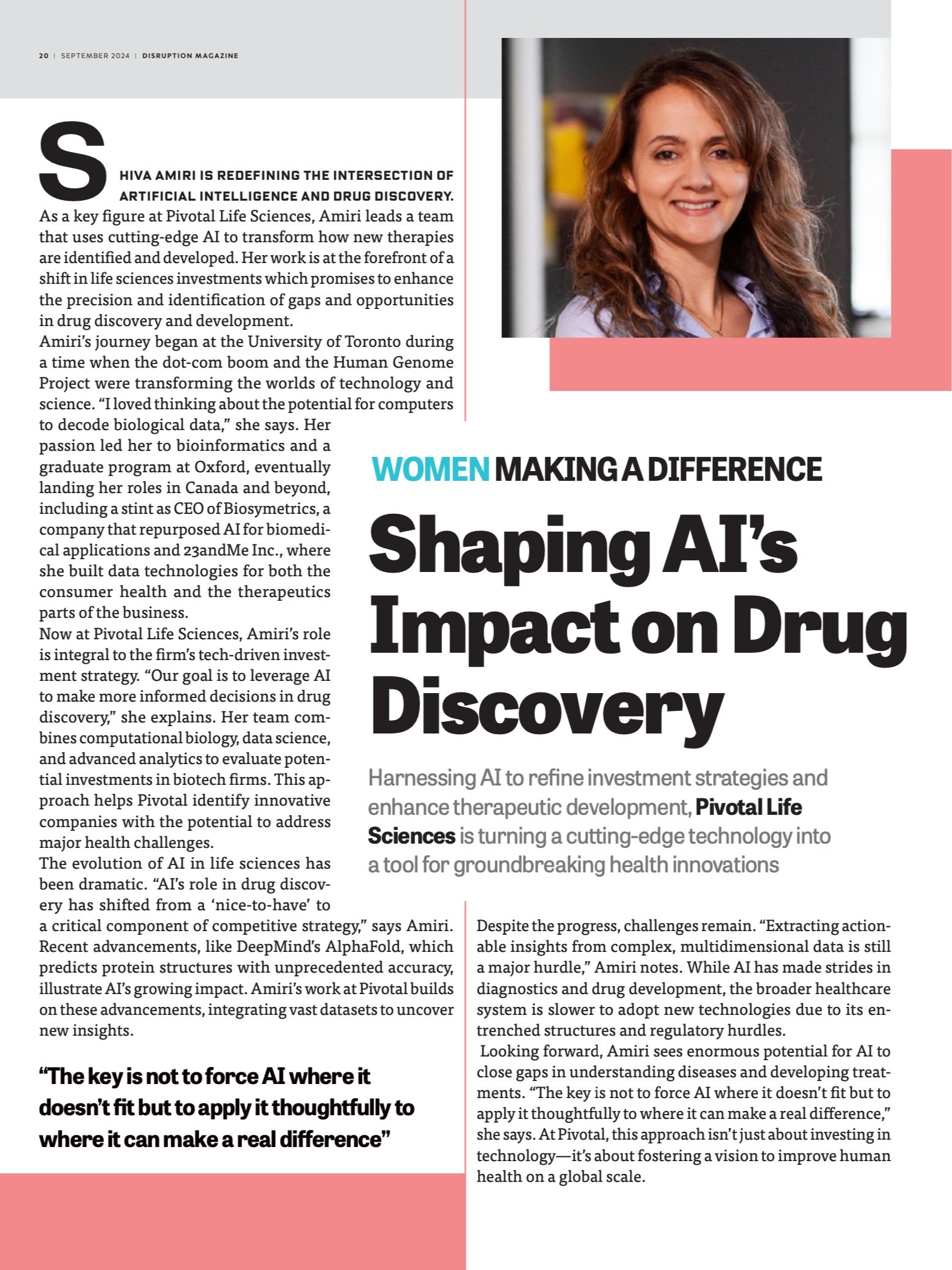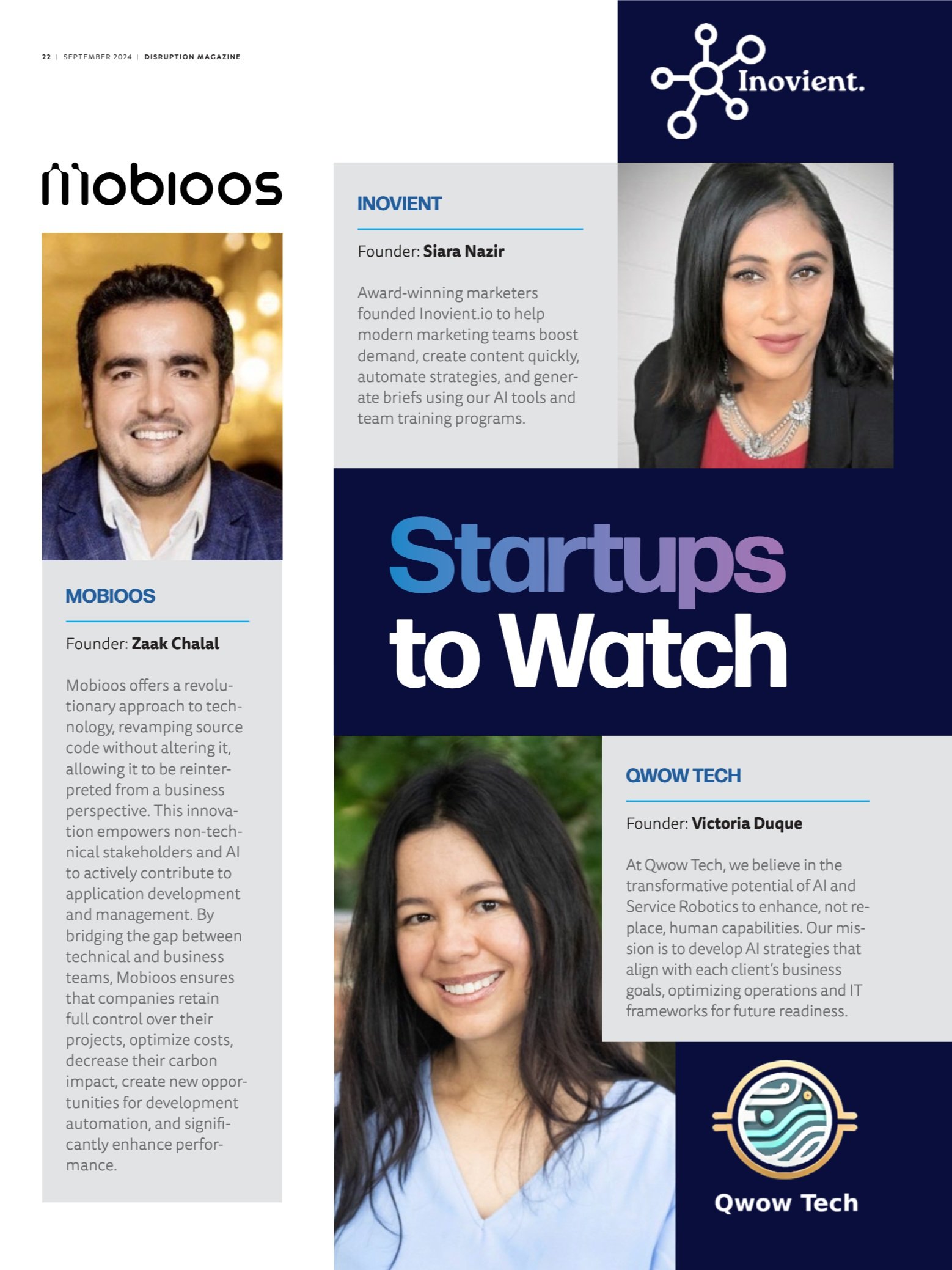AI: The Revolution You Can't Afford to Miss
tl;dr
Peter Swain draws a parallel between the 18th-century spinning jenny and today's AI revolution, emphasizing AI's transformative impact on industries like retail. AI enhances decision-making by analyzing data, predicting trends, and optimizing operations, much like the spinning jenny did for textile production.
Business owners are urged to integrate AI ethically and proactively, dedicating time to learn and experiment with AI tools to stay competitive and successful.
From spinning jennies to smart algorithms, the next revolution in business is already here — and it's driven by AI!
Imagine standing in the bustling streets of 18th-century England, where the air is thick with coal and the rhythmic clatter of spinning jennies fills the alleys. These machines transformed the textile industry by multiplying output tenfold, ushering in a new era of productivity and growth.
Fast forward to today, and we find ourselves in a digital revolution driven by artificial intelligence (AI). The hum of AI algorithms now signals progress, reshaping industries like the spinning jenny did. This revolution is about leveraging AI’s potential to stay ahead in your industry.
Consider the retail sector, where AI analyzes vast amounts of customer data to understand behavior, predict trends, and optimize supply chains. AI enables precise marketing, reaching the right customers with the right messages at the right times. It refines inventory management, reducing waste and maximizing profits through data-driven decisions. Much like the spinning jenny multiplied yarn production, AI amplifies the effectiveness of every business decision.
Yet, with these advancements come significant responsibilities. Ethical concerns and the potential misuse of AI are important. As a business owner, your focus should be on harnessing AI to drive growth while operating ethically. The broader societal and ethical debates are crucial, but they are beyond the immediate scope of your business. Your challenge is to integrate AI effectively and ethically.
The competitive landscape is evolving rapidly, and hesitation can result in missed opportunities. History shows that those who waited for certainty often fell behind. Start experimenting with AI, even if you’re not an expert. Dedicate 20 minutes a day to learning about AI. Explore tools, experiment with models, and engage with resources like webinars and chatbots.
This approach to learning will uncover the possibilities AI offers for your business. Your journey starts with curiosity and a willingness to experiment. Find your version of the “spinning jenny” in AI, and use it to unlock new levels of success. The AI revolution is reshaping the business landscape, and the opportunity to adapt and thrive is now. Will you seize this chance to lead?
The future is being written today, and AI is the ink. Embrace the change, adapt swiftly, and position yourself at the forefront of this transformation. The choice is yours, but remember: success belongs to those most adaptable and proactive in embracing the future.
AI Tools - AI tools are rapidly evolving, with new options emerging all the time. Disruption put together a snapshot of some of the most popular and innovative tools making an impact today.
ChatGPT: A conversational AI developed by OpenAI, ChatGPT is designed to understand and generate human-like text, making it a versatile tool for writing, research, customer service, and more. Its capabilities range from drafting content to simulating dialogues.
Claude: Built by Anthropic, Claude is an AI assistant designed to offer friendly, human-like conversations. It prioritizes safety and reliability, focusing on providing clear and helpful responses without venturing into risky or harmful areas.
Ernie: Developed by Baidu, Ernie (Enhanced Representation through Knowledge Integration) is a language model that leverages vast datasets to improve natural language understanding and generation, particularly for the Chinese market. It excels in tasks like translation, summarization, and conversational AI.
Meta AI: Meta AI is Facebook’s research division focused on advancing the field of artificial intelligence. It works on a range of projects, from natural language processing to computer vision, aiming to develop next-generation AI tools and technologies.
Microsoft Copilot: Integrated into Microsoft 365, Copilot uses AI to assist users with tasks like drafting emails, creating presentations, and summarizing documents. It acts as a productivity enhancer, streamlining everyday work processes.
Mistral: A rising name in the AI landscape, Mistral focuses on building open, powerful generative models. They aim to provide versatile AI tools that support diverse applications from creative content generation to data analysis.
Google Gemini: Google's next-generation AI tool, Gemini, combines large language model capabilities with Google's vast knowledge base, enhancing user interactions with more intuitive and context-aware responses.
Tongyi Qianwen: Alibaba’s AI language model, Tongyi Qianwen, is tailored for business applications in China. It supports tasks like e-commerce optimization, intelligent customer service, and multilingual translation.
Character.ai: An innovative platform for creating AI-powered virtual characters, Character.ai allows users to design unique digital personas that can engage in interactive storytelling or customer engagement.
Midjourney: A creative AI tool that generates stunning visual art from text descriptions, Midjourney is popular among artists and marketers for creating unique, AI-driven designs and visual content.





